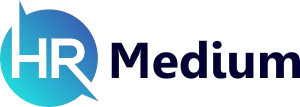Artificial Intelligence (AI) has rapidly evolved from a futuristic concept to a practical tool that significantly influences various industries. Human Resources (HR) is one such domain where AI is making a profound impact.
By automating mundane tasks, enhancing decision-making processes, and improving employee experiences, AI is transforming traditional HR practices. This blog delves into the ways AI is revolutionizing HR, from recruitment and onboarding to employee engagement and performance management.
AI in Recruitment and Onboarding
One of the most significant impacts of AI in HR is seen in the recruitment process. AI-powered tools can sift through thousands of resumes in a fraction of the time it would take a human recruiter. This not only speeds up the hiring process but also ensures that the best candidates are identified based on predefined criteria.
Moreover, AI can reduce unconscious bias in hiring. Algorithms can be designed to focus solely on qualifications and experience, thereby promoting a more diverse and inclusive workplace. Once a candidate is hired, AI-driven onboarding systems can provide personalized training and resources, making the transition smoother and more efficient.
Enhancing Employee Engagement
AI is also playing a crucial role in boosting employee engagement. AI-powered chatbots and virtual assistants are available 24/7 to answer employee queries, provide information, and assist with various tasks. This instant support enhances the employee experience by reducing wait times and providing quick resolutions.
Additionally, AI can analyze employee sentiment through regular surveys and feedback. By identifying patterns and trends in employee feedback, HR can proactively address issues and improve workplace satisfaction. Personalized recommendations for professional development based on AI analysis can also keep employees motivated and engaged.
Performance Management and Analytics
Performance management is another area where AI is making a significant impact. AI systems can continuously monitor and analyze employee performance, providing real-time feedback and identifying areas for improvement. This continuous feedback loop helps employees stay aligned with their goals and enhances overall productivity.
AI-driven analytics also offer valuable insights into workforce trends. By analyzing large sets of data, AI can identify factors that contribute to employee turnover, predict future staffing needs, and inform strategic decision-making. These insights enable HR professionals to implement data-driven strategies that align with the organization’s goals.
Conclusion
The integration of AI into HR practices is not just a trend but a necessary evolution to meet the demands of the modern workplace. From streamlining recruitment and onboarding processes to enhancing employee engagement and performance management, AI is proving to be a game-changer in HR.
By leveraging AI, organizations can create a more efficient, inclusive, and engaging work environment, ultimately leading to higher productivity and employee satisfaction.

